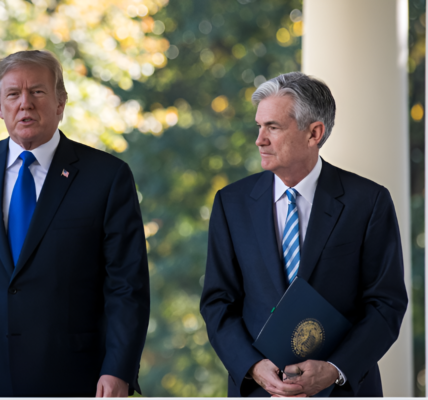
As Jens Stoltenberg bid farewell to his decade-long tenure as NATO’s secretary general, his thoughts turned to one significant regret: the West’s failure to provide Ukraine with more robust military support after Russia’s initial incursions in 2014. On his final day in office, Stoltenberg candidly shared that if the West had armed Ukraine more during that time, the invasion might have been avoided—or at least made more difficult for Russia to execute.
“If we had delivered a fraction of the weapons we have delivered after 2022, we may have actually prevented the war,” he reflected in an interview with POLITICO Magazine.
Stoltenberg, known for his diplomatic, consensus-building approach, refrained from harsh criticisms of NATO members. He focused instead on his belief that Ukraine could have been better supported earlier, particularly with more military training and resources. His tenure was marked by cautious optimism, navigating the alliance through both challenges and triumphs, including Russia’s increasingly aggressive stance.
While Stoltenberg acknowledged the complexity of military interventions, he stressed that providing Ukraine with weapons like the Javelin anti-tank missiles earlier might have helped raise the stakes for Russia. By delaying such support, NATO missed an opportunity to raise the threshold for invasion, he believed.
Nevertheless, Stoltenberg underscored the progress made in recent years. Since the invasion in 2022, NATO allies have delivered unprecedented support to Ukraine, including advanced artillery, HIMARS rockets, tanks, and F-16 fighter jets. However, the question remains: could earlier intervention have deterred Russia?
In his farewell interview, Stoltenberg offered his perspective on the broader implications of NATO’s strategy and the potential risks posed by Russia’s future capabilities. Although NATO has significantly strengthened Ukraine’s defense since the invasion, Stoltenberg warned against complacency in anticipating Russia’s future military strength.
“It is important not to assume that Russia will inevitably rebuild its forces quickly,” he said. “NATO’s purpose is to prevent war, and we have been able to do that for 75 years with credible deterrence. That should remain the focus.”
Looking forward, Stoltenberg expressed confidence in the NATO alliance’s ability to continue supporting Ukraine. The structure set up at the July NATO summit, he believes, will ensure long-term assistance to Ukraine’s defense, as NATO remains the primary provider of military aid.
Reflecting on his leadership, Stoltenberg chose not to dwell on unfinished business but to emphasize NATO’s achievements, including the alliance’s enduring unity and strength. As he prepares to step down and hand over the reins to Mark Rutte, Stoltenberg expressed certainty that the incoming secretary general would continue NATO’s mission with distinction.
“There’s no question that Mark Rutte has the qualifications to be an excellent leader for NATO,” he said. “The changing of leadership in democratic institutions like NATO is part of what makes them strong.”
While the war in Ukraine continues to unfold, Stoltenberg’s legacy is one of resilience and diplomatic perseverance. His final message is clear: NATO’s mission endures, and the alliance’s unwavering commitment to the security of Europe remains steadfast.
Conclusion: A Missed Opportunity?
Stoltenberg’s reflections on NATO’s response to Russia’s actions in Ukraine raise important questions about the timing and scale of Western intervention. Though it is impossible to turn back time, his comments shed light on the critical window of opportunity missed in 2014. Despite these regrets, NATO’s role in supporting Ukraine remains pivotal, and Stoltenberg’s leadership will be remembered for its focus on unity, diplomacy, and a strong defense against aggression.





